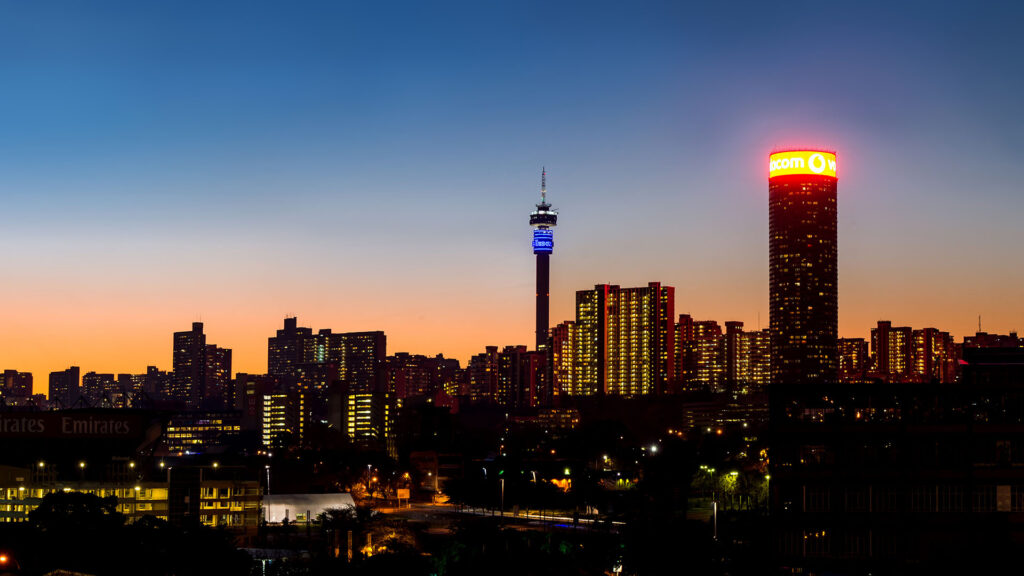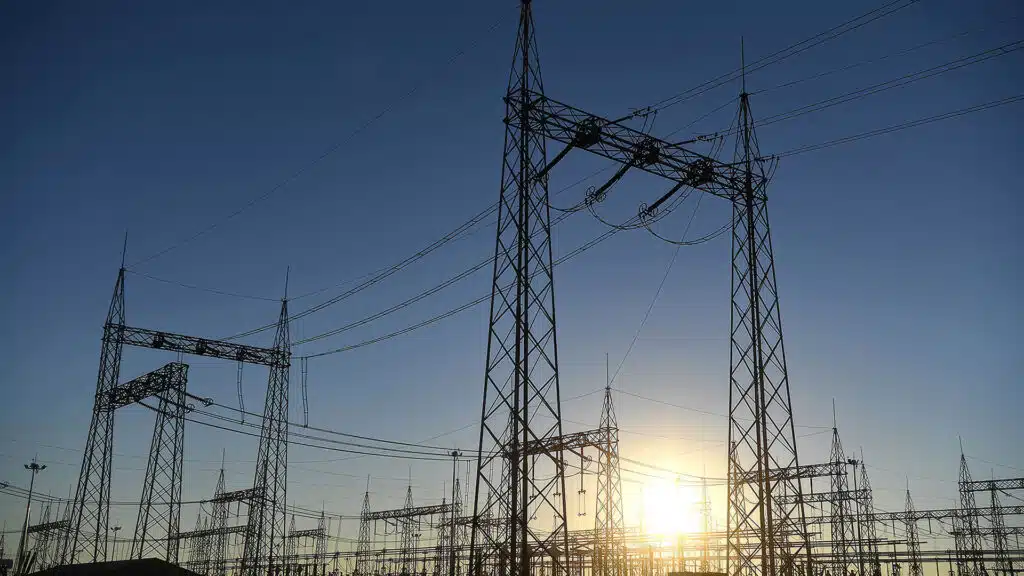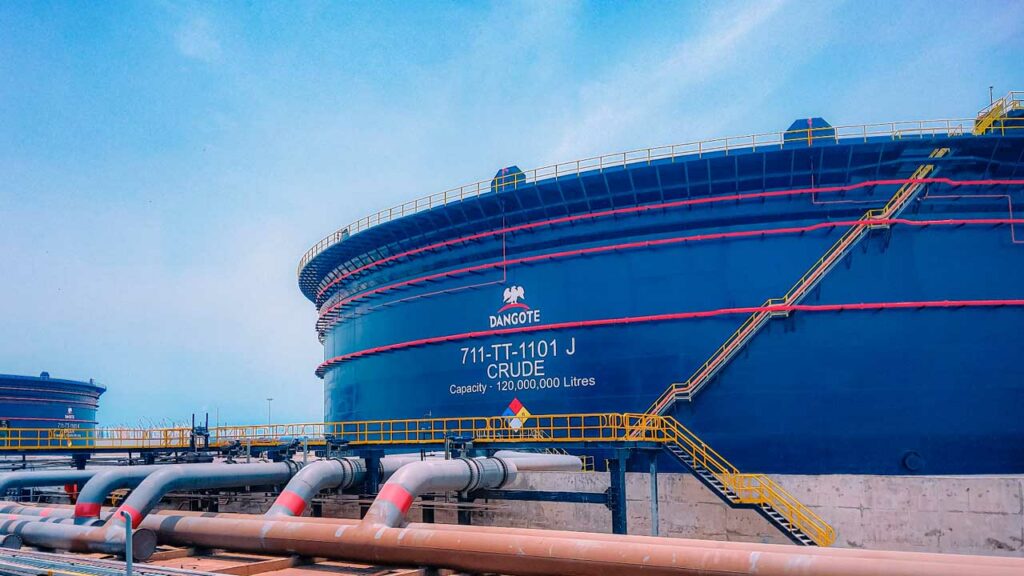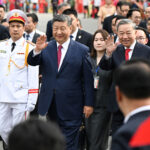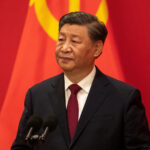Tariffs have increased by 12.7% and prepaid electricity customers are set to be charged R200 electricity fee monthly for Joburg residents. Picture: Matthews Baloyi, credit: IOL
City Power has announced a significant 12.72% increase in electricity tariffs for Johannesburg residents starting Monday. This increase comes amidst ongoing infrastructure challenges that have plagued the city’s ability to maintain consistent power supply, despite Eskom’s announcement of no load shedding for over three months.
Caption: Gwamanda explains R200 electricity surcharge
Economic Impact and Regulatory Approval
The steep hike in electricity prices is expected to have a substantial economic impact on consumers, further driving up the cost of goods and services. This increase, more than double the country’s 2023 average annual inflation rate of 6%, was confirmed on Friday following authorization from the National Energy Regulator of South Africa (NERSA).
Reasons Behind the Increase
City Power, the bulk electricity supplier for Johannesburg, stated that the new tariffs, set to take effect on July 1, were influenced by the results of a cost of supply study and NERSA’s methodology.
Spokesperson Isaac Mangena explained that several key factors determined the tariffs, including industry inflation driven by bulk purchase costs, operational expenses, and the overall cost structure of the utility.

Variable Increases for Different Customers
Mangena noted that the tariff application to NERSA took into account the current economic conditions, which have significantly impacted residents due to the rising cost of living. He emphasized that not all customers would experience the same increase. Some will see slightly lower increases, while others might face hikes above the 12.72% average.
Subsidizing Low-Income Earners
To support vulnerable groups, City Power will implement a total basic charge of R200 for prepaid customers over the next three years. This measure ensures that these customers contribute more appropriately to the cost of servicing their group.
The average increase for a typical indigent customer has been limited to 6.21% to mitigate the impact on the most vulnerable.
For instance, a residential low-prepaid customer consuming 374kWh per month will see their total charge increase from R791.57 to R840.74, an extra R49.17.
Impoverished prepaid clients will be placed on a tariff exempt from service and capacity fees, with other customer categories subsidizing this group. The R200 basic price will be collected upfront before any consumption-related charges are applied.
Impact on High-Energy Users
High-energy users will face a more substantial increase. A residential high-prepaid customer consuming 800kWh per month will see their total charge rise from R1,916.76 to R2,360.57, an increase of R443.81.
Mangena stated that the residential low-income prepaid tariff is available only to registered indigent customers. City Power encourages those earning less than R6,000 monthly or facing financial challenges to register for the Expanded Social Package, which offers access to free basic electricity (FBE).
South Africa’s Rising Energy Costs
City Power’s tariff increase reflects broader operational and economic challenges facing Johannesburg’s electricity supply system.
While efforts are made to shield the most vulnerable from the full impact, the overall increase highlights the rising costs of energy and the ongoing need for sustainable infrastructure investments. As residents brace for higher electricity bills, the focus remains on ensuring equitable access to energy while maintaining the financial viability of the city’s power supply.
